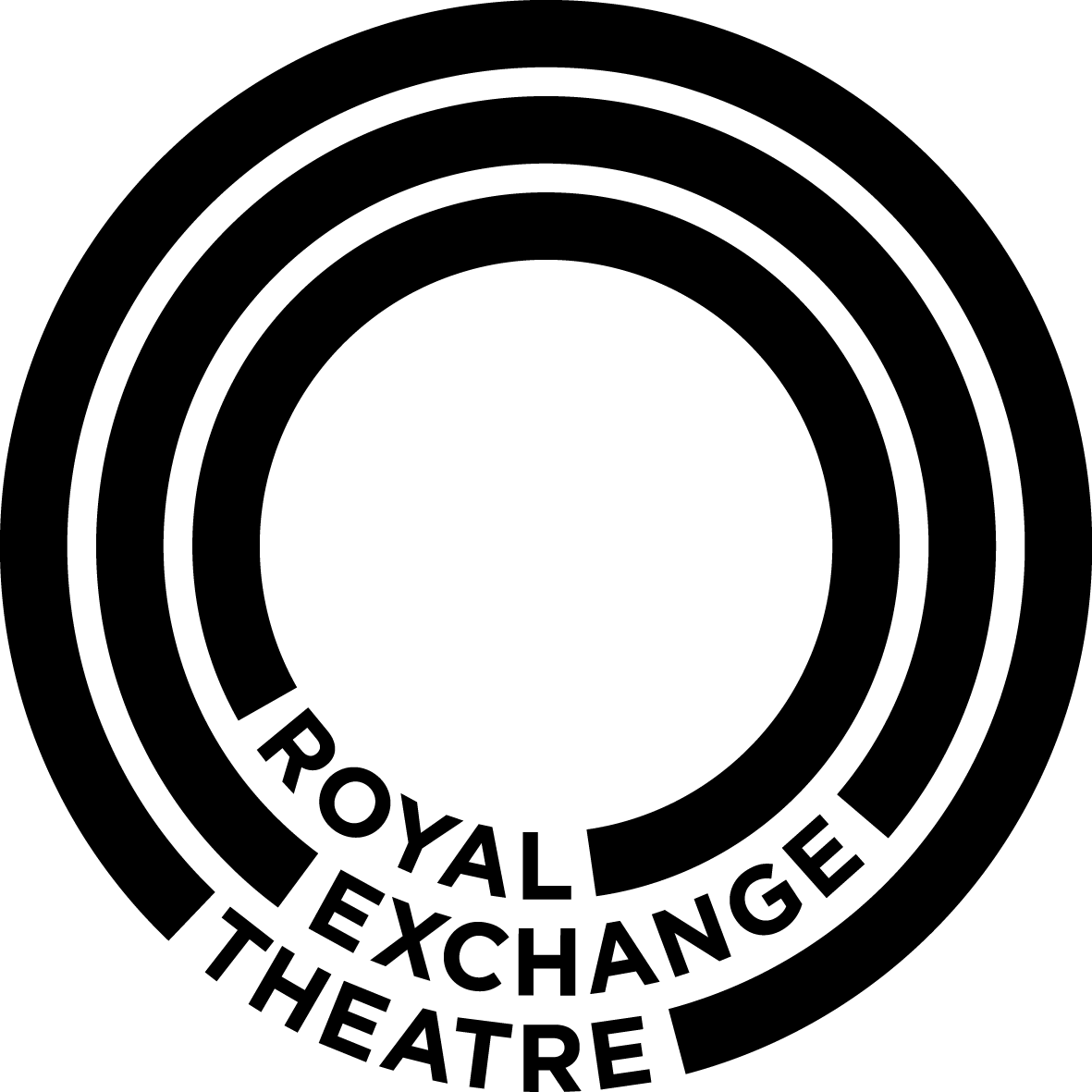Royal Exchange Theatre - Setting the stage for climate action
The Royal Exchange Theatre, a founding member of MAST, combines artistic imagination and practical action in its response to the challenges of climate change. From energy management and production design to creative community place-making, the theatre shines a spotlight on people and planet.
Illuminating energy savings
Between 2013 and 2020, the theatre reduced its energy usage by 36% and energy use emissions decreased by 58%. Energy efficient lighting upgrades were one of the main sources of energy-saving.
Back of house, the Studio theatre and rehearsal spaces now use LED lighting, as do many of the theatre’s public spaces, including the Hall. On stage, LEDs are also used and the theatre is also committed to further exploring sustainable lighting design. Voltage optimisation has been the other main source of energy saving - installing a special unit which reduces energy waste by managing, controlling and improving power quality.
Emissions reductions are in large part a result of reduced energy use, but also partly because the share of renewable sources in the UK grid electricity mix has increased, so the electricity used is less carbon intensive.
Now as a participant of the Spotlight programme, the Royal Exchange is looking at further reductions in line with net zero pathways. A strand of Arts Council England’s Environmental Programme, Spotlight is focused on building energy and carbon reduction, and gives the theatre the opportunity for peer learning and exchange, which also feeds into MAST.
Royal Exchange Theatre - Interior Night-time
Climate and community
In 2019, Royal Exchange unveiled The Den, a travelling pop-up theatre for Greater Manchester communities. Designed as a low-carbon space by architects Haworth Tompkins and supported by the Oglesby Charitable Trust, the Den requires no heating, runs on low energy equipment, is made from sustainable and natural materials and even features cardboard seating.
It is part of the theatre’s Local Exchange programme, a pioneering, long-term and ambitious series of residencies designed to reframe the ways in which the Royal Exchange makes work with, by and for the people of Greater Manchester. Designed for assembly to temporarily inhabit existing spaces, the Den has already travelled to Stalybridge Civic Hall and Spinners Mill, Leigh where local residents have made, shared and experienced theatre.
The Den. Shortlisted for Best Creative Programming in 2020’s Creative Green Awards, the Den and Local Exchange represent Royal Exchange’s commitment to creating long-lasting and sustainable environmental, cultural and social relationships between communities and artists.
The Den at Stalybridge Civic Hall
Considered productions
With a large store of props created and procured over the theatre’s forty-five year history, repurposing and reusing materials across different productions has become standard practice over the last few years. Sets are designed and constructed to enable easy disassembly and maximise reuse opportunities, and the theatre works with Manchester prop hire and scenery recycling company Stockyard North to maximise the recycling of materials which cannot be reused.
The team involved in 2019’s Light Falls explored how to source costumes more ethically, considering for example where and how materials are sourced and produced and options for reuse and recycling. They also looked at how to better maintain costumes, using less chemicals and energy. The learning and commitment continue and, in 2021, the theatre’s Wardrobe Manager undertook Carbon Literacy training with MAST. Royal Exchange continues to work with staff and volunteers to ensure that everyone can make the best choice to take responsible action for natural world and community.
Find out more on the Royal Exchange website



